People with Down Syndrome suffer abuse

The matter only came to light when a humanitarian organisation, acting on a tip-off, investigated the case and brought the culprit to book.
The mother said the child had brought untold suffering in her life hence the abuse. The neighbours said they had lived with the parent for almost five years, but never knew she had a son suffering from the condition.
Rudairo Mugoti, an adult with Down Syndrome, said he had learnt to live with the maltreatment associated with his condition.
He singled out a case when he went to give his views during a Copac outreach and was heckled. “When I stood up to speak I heard boos from the crowd, I was heckled and shot down, I could not continue and I was overwhelmed with emotion, I had to leave prematurely.
“I am used to whispers behind my back. People call us ‘zimcares’ (a local mental health institution) a derogatory remark which means we don’t have anything to offer to the nation, but we are just basket cases. In fact for the past 30 years I have never read anything about us in the newspapers,” said Mugoti.
Zimcare Trust Zimbabwe is a community-based rehabilitation programme specifically for mentally challenged people.
The two cases are just a tip of the iceberg of how people with Down Syndrome are treated in society. Many children with the condition are seen roaming in the streets, some with dirt.
The parents seem to have given up on them and most of the children are not attending school.
One boy with the syndrome said he had since dropped from school because he was constantly subjected to abuse in school. “Other pupils will make fun of me. I was constantly run over and being bullied, though the teacher was caring she was not there all the time so I had a hard time in school. I started by not reaching school, then I ended up not going completely. Each time I tried to speak other children would make fun of me because my speech is impaired and sometimes they would throw sand in my eyes,” he explained.
Down Syndrome is a lifelong genetic condition that affects many babies. Children with the condition have varying degrees of learning and language disability.
They also mature at a slow pace emotionally, socially and intellectually.
The name comes from John Langdon Down, an English physician who published the first accurate description of the syndrome in 1866.
In 1959 the French geneticist Jerome Lejeune discovered that Down Syndrome babies are born with an extra chromosome in their cells, for a total of 47 rather than the normal 46.
Researchers discovered later that the extra chromosome was a copy of chromosome 21. Nothing can be done to prevent this genetic disorder during or after pregnancy.
Physicians encourage parents with children who have the syndrome to enrol them in mainstream schools, but in Zimbabwe it is difficult to have them in public schools hence many find themselves in schools of the disabled such as Ruvimbo School or St Giles Rehabilitation Centre.
Experts say attending mainstream schools helps the children to engage in social activities with other children of their age.
This also helps the children to fend for themselves, learn interaction skills and complete integration with other children.
In a study carried by Yorkshire University Professor Adam Edwin, it was established that people with Down Syndrome can enjoy life just like any other people.
People with the syndrome interviewed acknowledged that helping complete tasks gives them a sense of self esteem and self worth.
In his conclusion Professor Edwin recommended employers to give people with the condition an opportunity because they are highly motivated compared to other section of the society.
During the last decades learning techniques used to help children with Down Syndrome have improved.
Therapists advise parents to include these children in all family activities and to help them through play and early intervention programmes to develop their skills.
Such programmes which should start soon after birth include physiotherapy, speech therapy and extra personal attention, along with emotional support.
Sociologist Pardon Taodzera said many parents with children with disability suffer emotional abuse and social stigma.
“In order to minimise the trauma experienced by both the parents and children with the syndrome, society should be educated on the need of being helpful rather being a burden to these suffering individuals. Society should know that it’s a condition, a disease just like any other, but the problem we have as Africans is that when anything happens we tend to say it’s a curse for some wrong doing,” he said.
He added: “Society should help people with the disability not to look down upon them. People torment them either directly or indirectly through their actions. Disabled people pay attention to every detail and they are quick to see if the people in the room really like them or look down upon them,” said Taodzera.
A mother who reared a child with Down Syndrome describe her experience as an emotional roller coaster of “successes and disappointments, daily frustrations and challenges as well as exciting achievements”.
Source: http://www.newsday.co.zw


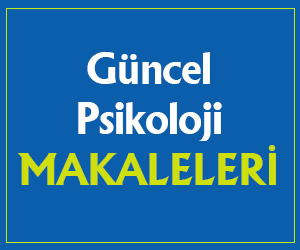


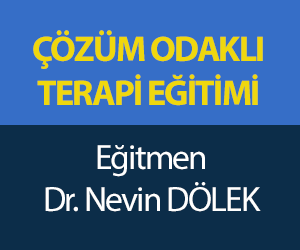
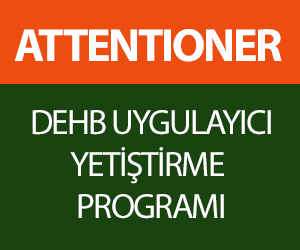
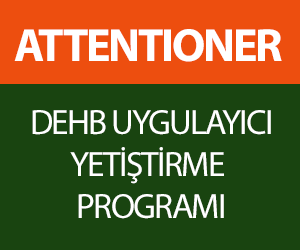
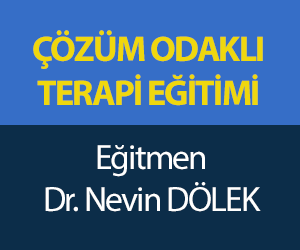
Türkçe karakter kullanılmayan ve büyük harflerle yazılmış yorumlar onaylanmamaktadır.